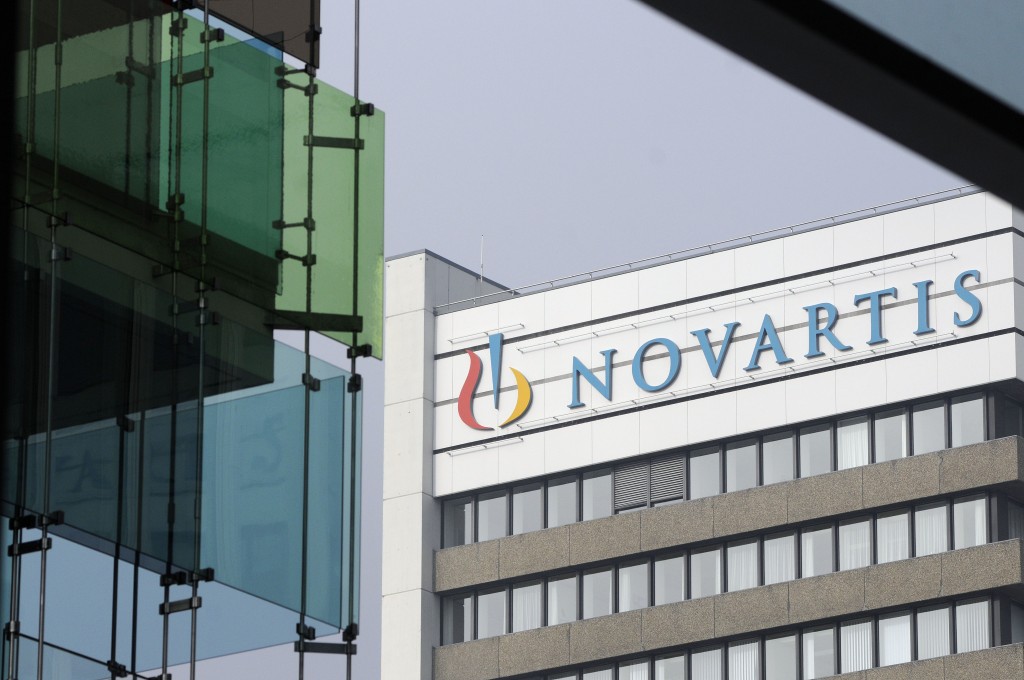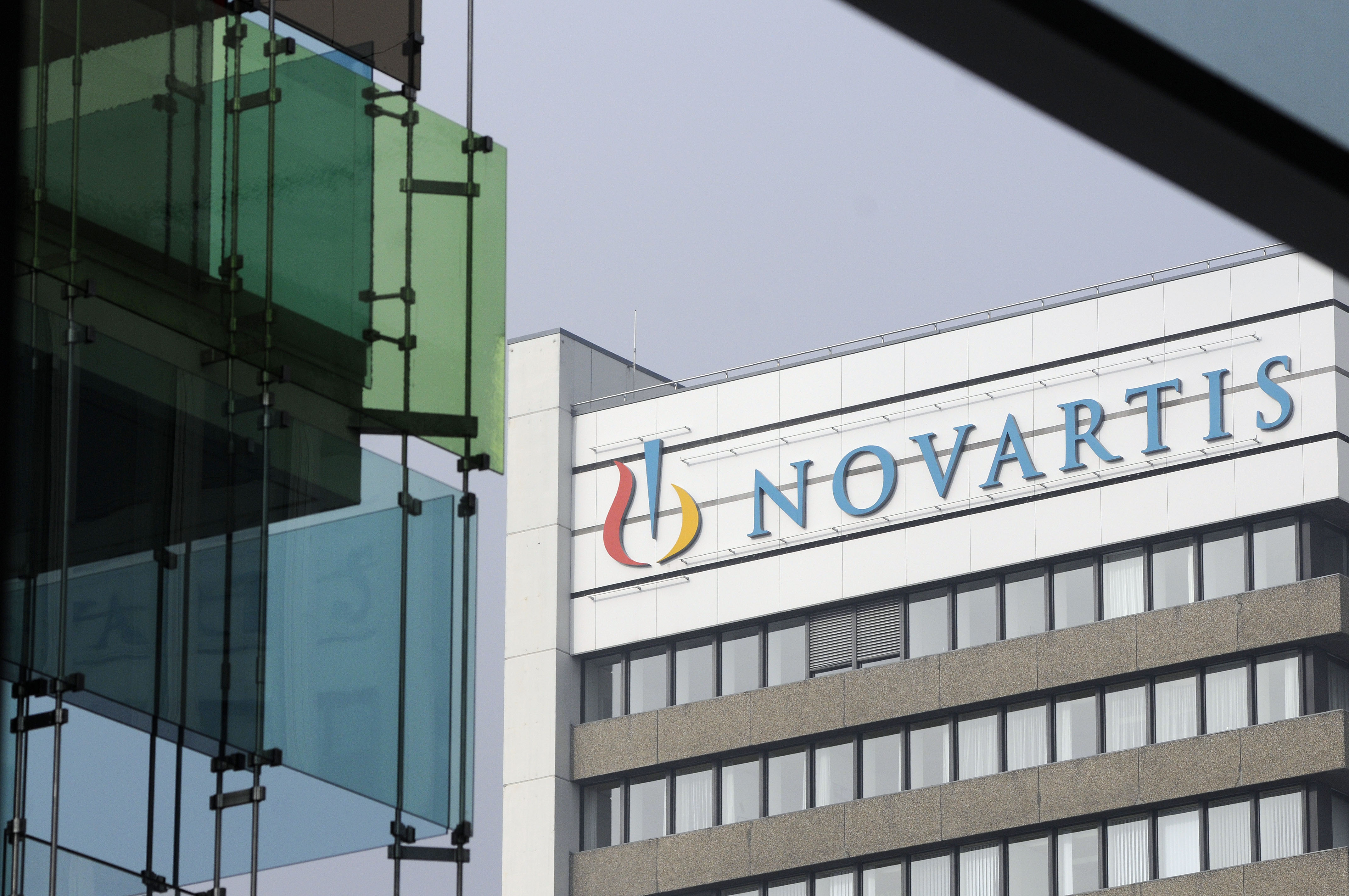 Swiss pharmaceutical company Novartis has just revealed that their latest findings from a new study on its latest therapy to treat two kinds of blood cancer are consistent with previous tests.
Swiss pharmaceutical company Novartis has just revealed that their latest findings from a new study on its latest therapy to treat two kinds of blood cancer are consistent with previous tests.
The company has been testing a new experimental chimeric antigen receptor T-cell therapy (CART) called CTL019 on more than a dozen adult patients, all of whom had been diagnosed with the most-common form of non-Hodgkins lymphoma—known as diffuse large B-cell lymphoma (DLBCL)—as well as 11 patients with follicular lymphoma.
The study showed the CTL019 therapy proved 47 percent effective in DLBCL patients and as much as 73 percent in follicular lymphoma patients.
“These data add to the growing body of clinical evidence on CTL019 and illustrate its potential benefit in the treatment of relapsed and refractory non-Hodgkin lymphoma, a disease with few effective options,” explains lead study investigator Stephen Schuster, M.D. The University of Pennsylvania Abramson Cancer Cetner Associate Professor in the Division of Hematology and Oncology goes on to say, “We look forward to continuing this study to further understand longer-term patient response.”
“The company’s investment in our state-of-the-art manufacturing facility has given us the capacity and scalability needed to support our growing global clinical trial program,” extends Usman Azam, MD, who is the Global Head of Cell & Gene Therapies at Novartis Pharmaceuticals. He continues, “Novartis is proud to be the first healthcare company to initiate Phase II CART therapy trials in the US, Europe, Canada and Australia. This is a significant step forward in our mission to help address unmet medical needs of patients.”
Azam also says, “We remain consistent again with the data set. It’s an attractive population, it’s a population that continues to have a huge unmet need, it’s a cornerstone of our investments.”

